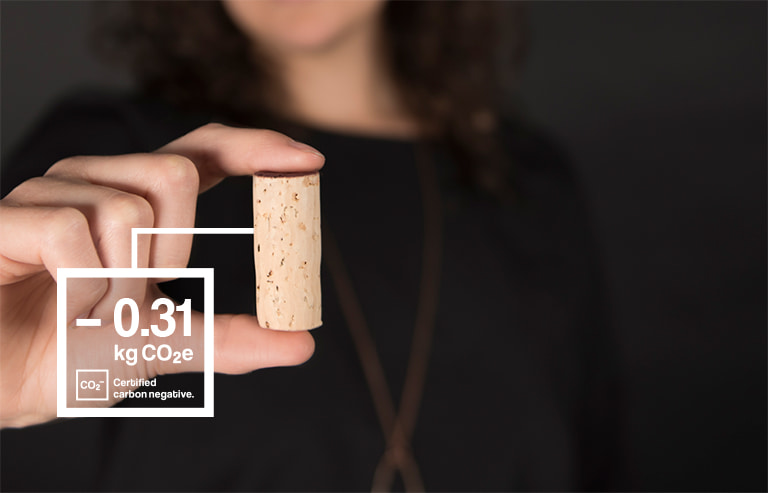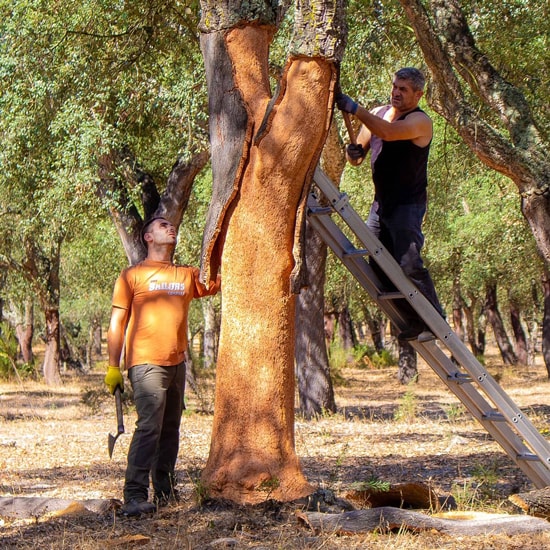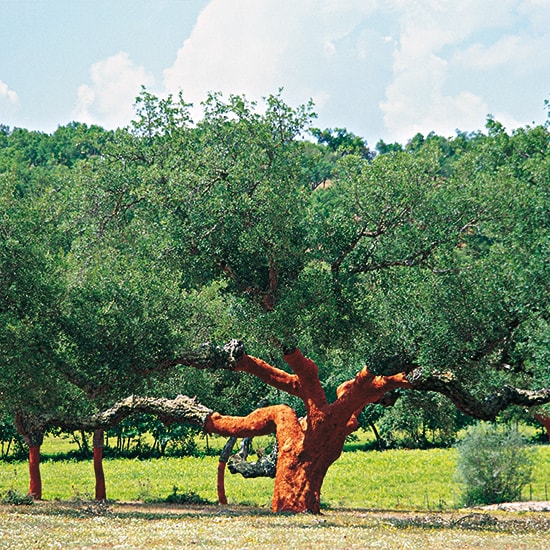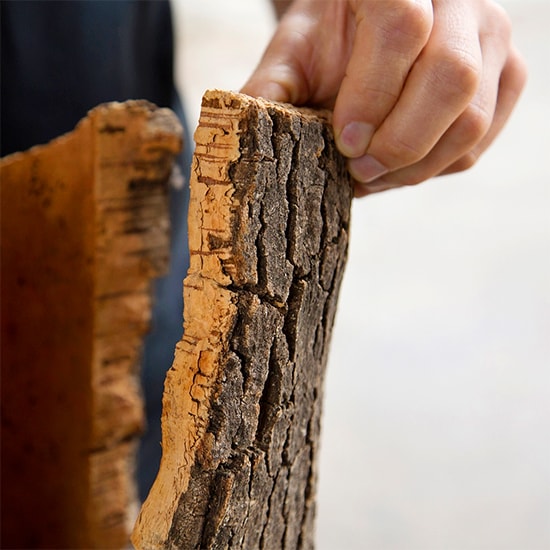corks collected
Help
We're expanding.
We have detected you are from an unsupported region.
Sign up below to join our mailing list for regular updates and to find out when we are expanding to your country!
Did you know?
We offer free shipping on orders over $35. Stock up - it's totally worth it! A shipping credit will be applied to orders over $35 that do not qualify for free shipping due to location ($8.95 in the US and $9.95 in Canada). Your shipping credit is applied automatically and the discounted rate will be shown during the checkout process. Note: we do not ship to PO boxes.
Are you a partner?
It looks like you're ordering 10 or more of a product. Have you considered becoming a ReCORK partner and placing bulk orders? Please contact Customer service for more information or fill in the Retailer Partner form now.
If you're already a ReCORK partner, please place your order through your Partner Account.
Coming soon.
Sign up below to join our mailing list and be the first to know when this product is available.
Coming soon.
Thank you for your interest. Sign up and be the first to know when the Re-Use partnership is available.


Beautiful,
versatile and
sustainable.

Sustainably sourced.
Cork comes from the bark of the cork oak tree. It’s harvested by hand without ever cutting down a tree or killing it. Cork trees can be harvested every 9-12 years, up to 15 times in their 200+ year lifespan.

Remarkable natural habitat.
Cork oak forests form crucial natural habitat for a wide variety of plant and animal life. Many species of endangered animals and birds rely on the cork forests to survive.
These forests are a rare example of how agriculture and conservation can coexist sustainably.

Beautiful and versatile.
For thousands of years people have used cork for its practical applications. Cork is buoyant, lightweight, fire-resistant, thermally and acoustically insulating, anti-microbial, hydrophobic, rot-resistant and naturally beautiful.
Most people sense that natural wine corks have an inherent value; that they’re too good to end up in the trash. We couldn’t agree more.
